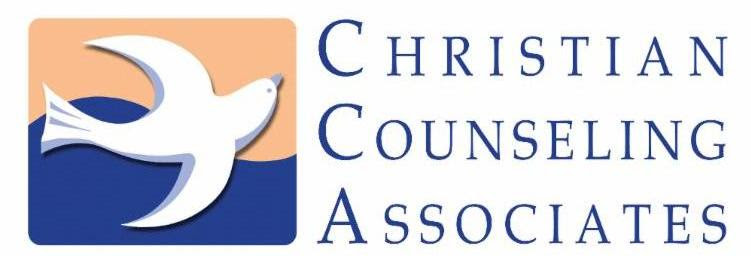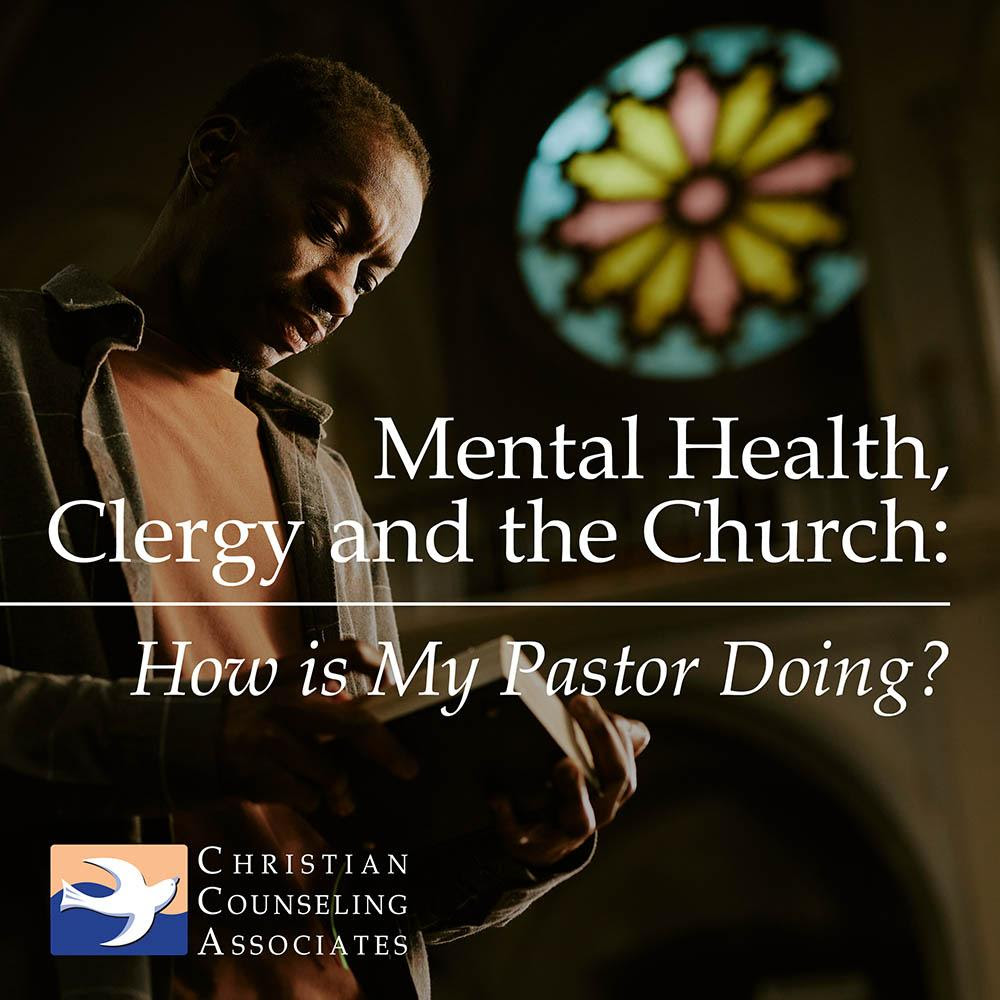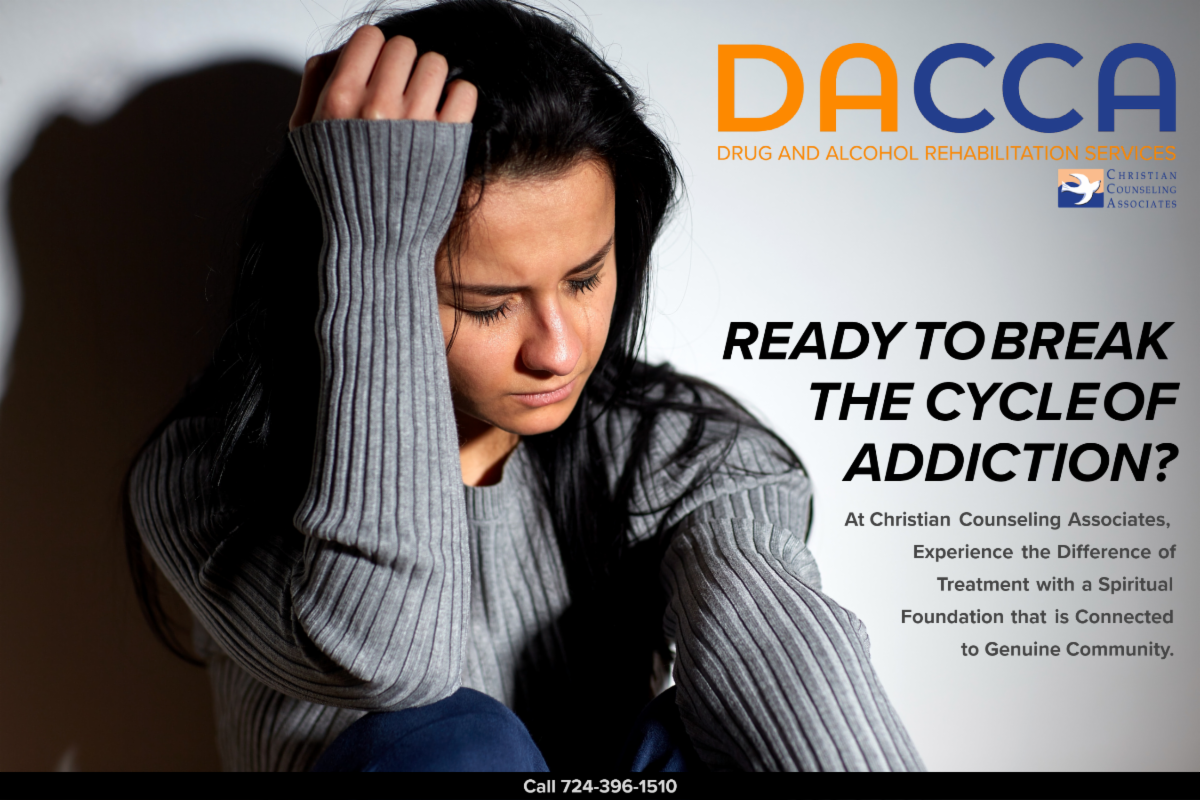Men and women disagree on why, according to the National Survey of Asian American Congregational Practices
July 31, 2024

The Rev. Dr. Young Lee Hertig is executive director
of Innovative Space for Asian American Christianity
While men in Asian American congregations cite biblical beliefs as the main reason why fewer women are in leadership, women in these congregations say overrepresentation of men is the dominant reason.
These findings come out of the first-of-its kind National Survey of Asian American Congregational Practices conducted by the Innovative Space for Asian American Christianity, known as ISAAC. The survey explored women’s and young adult leadership in Asian American congregations, church conflict and church involvement in the Stop AAPI Hate movement.
The report contains the largest sample of Asian American congregations with questions related to church ministry. “People with no data are not a people,” said Dr. Jerry Park, a Baylor University sociologist who analyzed survey responses. The survey provides empirical data on communities that have been largely invisible in past research.
The survey took place between March 2022 and July 2023, with funding from the Lilly Endowment. Of the congregations participating, 62% were Asian American (or multiracial with Asian Americans as the largest percentage) and 38% were white, multiracial (excluding those with Asian Americans as the largest group), Black, Latino or other.
Survey results show that women clergy in predominantly Asian American congregations were not allowed similar access to leadership responsibilities as their counterparts in non-Asian American congregations. Thirty-two percent of Asian American congregations did not allow women to teach alone with adult men, for instance, while 17% of women from non-Asian American congregations faced that restriction.
In Asian American congregations, 43% of male respondents reported biblical beliefs as the main reason fewer women were in leadership, while 23% of female respondents from these congregations agreed. By contrast, women emphasized the shortage of female leaders in visible leadership as a major barrier to leadership opportunities, with 42% of women in Asian American churches citing overrepresentation of men as a primary restricting factor and 35% citing work-life balance as a major barrier.

Photo by Jon Tyson via Unsplash
The survey also showed that Asian American churches tend to be younger. Forty-two percent of Asian American churches were in the age range between 13–34 years old, compared to 22% of non-Asian churches. About 35% of Asian churches report no leaders under the age of 30 on the session or ruling church board, compared to 17% of other churches.
Since its launch in 2021 through a Lilly Endowment Thriving in Ministry grant, ISAAC’s PastoraLab has convened local and online cohorts of more than 70 participants in leadership development, prophetic preaching workshops and community-building retreats.
Debbie Gin, director of Research and Faculty Development at the Association of Theological Schools, and Dr. Jamie Smith conducted an external evaluation of the PastoraLab program. Gin and Smith identified increased agency and confidence, leading with authenticity and growth in adaptive leadership skills as some of the personal and professional growth outcomes of program participants.
ISAAC’s research team plans to translate the National Survey of Asian American Congregational Practices into three primary Asian languages and broaden the pool of respondents to better capture the diversity of Asian American congregational experiences around the country.
“Asian American women don’t have the full capacity to exercise their gifts in Asian American churches,” said ISAAC’s executive director, the Rev. Dr. Young Lee Hertig. “ISAAC exists to interrupt this pattern, fostering tangible and prophetic change in our congregations through mutual learning and empowerment.”
Innovative Space for Asian American Christianity, Special to Presbyterian News Service
Today’s Focus: National Survey of Asian American Congregational Practices
Let us join in prayer for:
PC(USA) Agencies’ Staff
Eliza Minasyan, Coordinator, Jinishian Memorial Program, World Mission, Presbyterian Mission Agency
Rosa Miranda, Associate, Hispanic/Latino-a Intercultural Congregational Support, Presbyterian Mission Agency
Let us pray
Lord, thank you for the members and leaders of your church who model Christ’s love. We pray that all leaders of church and government will seek first the welfare of the people they serve. Thank you for your presence among us, for multiplying the faithful acts of your people through the powerful love of Christ. Amen.
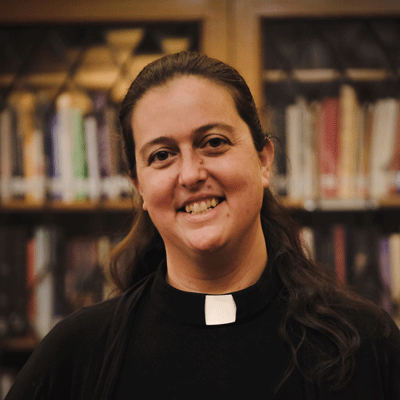







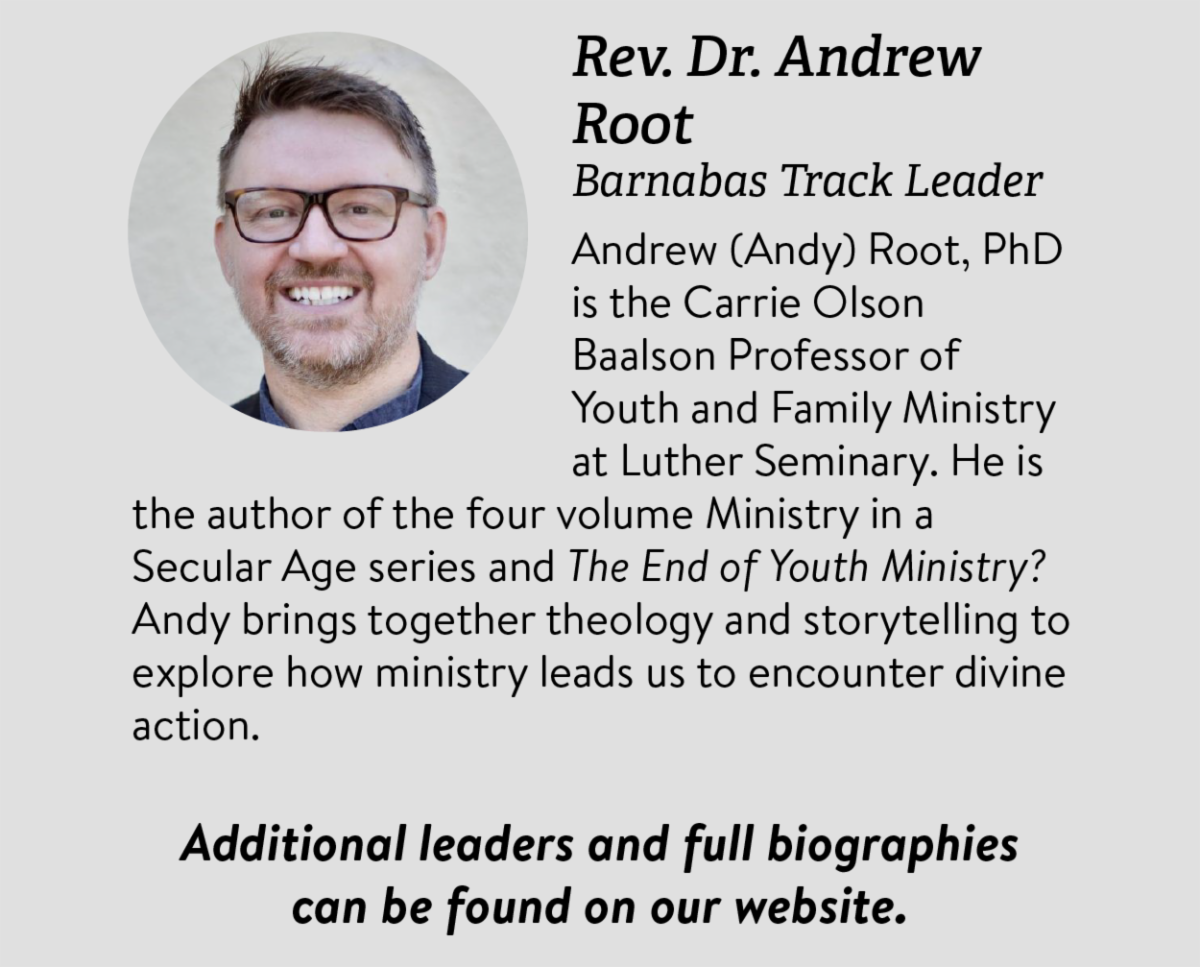






 Poland to offer multiple volunteer opportunities for young adults between the ages of 19–30. Although this program targets the same demographic as the PC(USA)’s Young Adult Volunteer program and is supported by YAV, the selected participants will not be part of the YAV program. Both opportunities begin in September 2024 and conclude in June 2025.
Poland to offer multiple volunteer opportunities for young adults between the ages of 19–30. Although this program targets the same demographic as the PC(USA)’s Young Adult Volunteer program and is supported by YAV, the selected participants will not be part of the YAV program. Both opportunities begin in September 2024 and conclude in June 2025.



